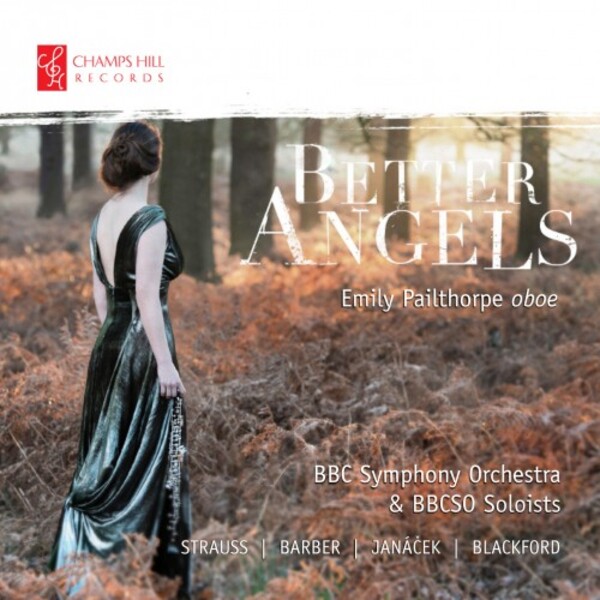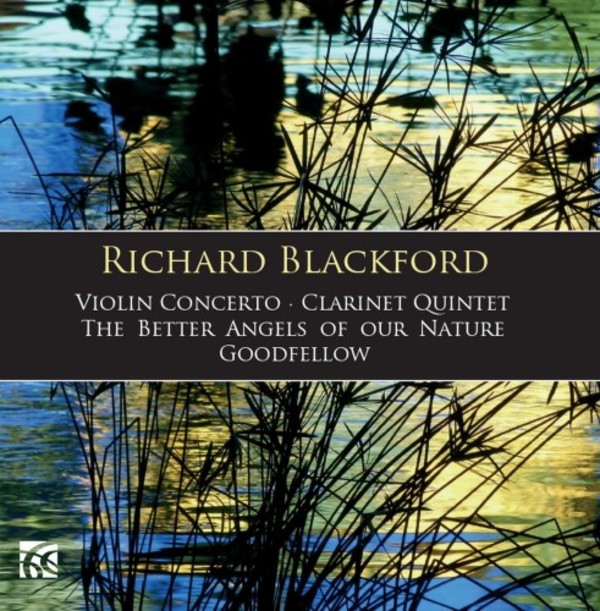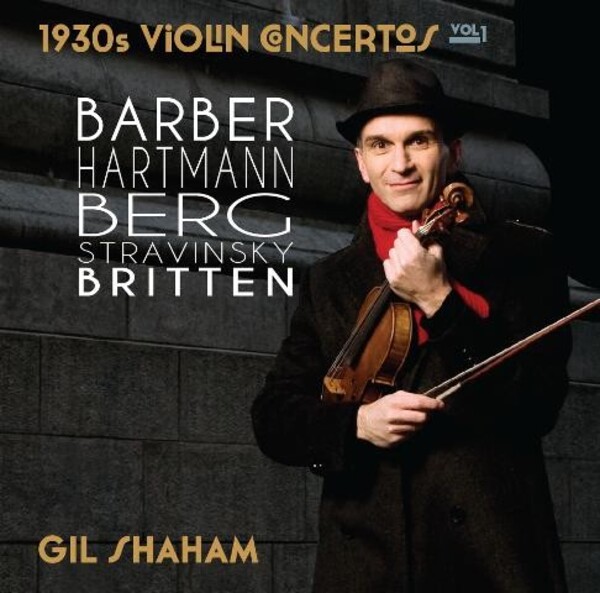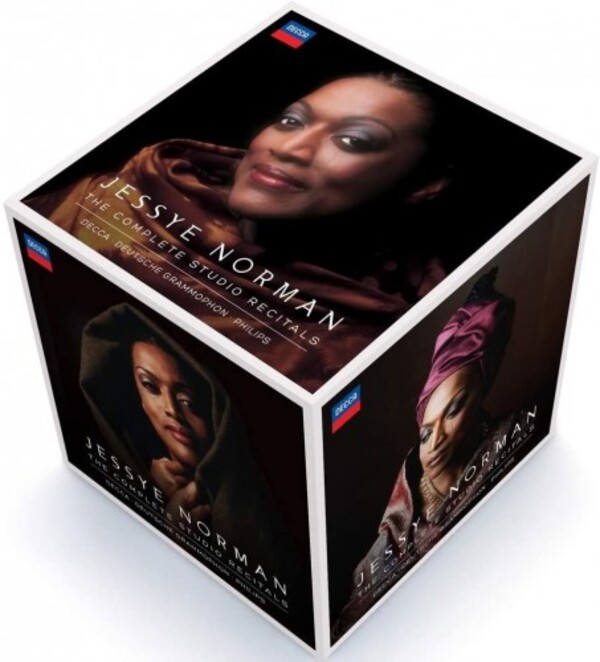Emily Pailthorpe: Better Angels
£10.87
Currently out of stock at the UK suppliers. Available to order, but is likely to take longer than usual to despatch
Despatch Information
This despatch estimate is based on information from both our own stock and the UK supplier's stock.
If ordering multiple items, we will aim to send everything together so the longest despatch estimate will apply to the complete order.
If you would rather receive certain items more quickly, please place them on a separate order.
If any unexpected delays occur, we will keep you informed of progress via email and not allow other items on the order to be held up.
If you would prefer to receive everything together regardless of any delay, please let us know via email.
Pre-orders will be despatched as close as possible to the release date.
Label: Champs Hill Records
Cat No: CHRCD116
Barcode: 5060212591197
Format: CD
Number of Discs: 1
Release Date: 1st July 2016
 FREE UK SHIPPING OVER £30!
FREE UK SHIPPING OVER £30!
 Oboist Emily Pailthorpe has put together an intriguing programme from the limited repertoire available. She begins with a lusciously long-breathed account of Strauss’s late concerto, then makes lyrical work of Samuel Barber’s valedictory Canzonetta, both backed by the BBC Symphony Orchestra and conducted by Martyn Brabbins. The disc takes its name from Richard Blackford’s oboe concerto The Better Angels of Our Nature, written for Pailthorpe in 2013. Fifteen minutes long, it is initially evocative of mid-20th-century Americana, then has at its fulcrum a haunting rendition of Taps, the military bugle call played at sunset or a funeral. The music that follows this is melancholy, yet ultimately consoling, and though the downbeat ending is almost anticlimactic, Pailthorpe and Brabbins make it work.
Oboist Emily Pailthorpe has put together an intriguing programme from the limited repertoire available. She begins with a lusciously long-breathed account of Strauss’s late concerto, then makes lyrical work of Samuel Barber’s valedictory Canzonetta, both backed by the BBC Symphony Orchestra and conducted by Martyn Brabbins. The disc takes its name from Richard Blackford’s oboe concerto The Better Angels of Our Nature, written for Pailthorpe in 2013. Fifteen minutes long, it is initially evocative of mid-20th-century Americana, then has at its fulcrum a haunting rendition of Taps, the military bugle call played at sunset or a funeral. The music that follows this is melancholy, yet ultimately consoling, and though the downbeat ending is almost anticlimactic, Pailthorpe and Brabbins make it work. 



